Slouching
Towards
Kalamazoo
by Peter De Vries
LITTLE, BROWN AND COMPANY
.jpg)
Lines from The Second Coming" from Collected Poems by William Butler Yeats, copyright 1924 by Macmillan Publishing Co., Inc.
1
The Scarlet Letter
1
My old eighth-grade teacher, Miss Maggie Doubloon, said she was half Spanish, half French, and half Irish, a plethora of halves not entirely unnoticed by some of the brighter pupils. Joke though it was, it well expressed her superabundance of spirits, the verve and fire sheer spitfire, fire-in-the-belly fire that made her in the end decide that that golden oldie, The Scarlet Letter, had long been due for an overhaul; must, in fact, be dragged forcibly out of the gray, chill, toxic riverbottom fog of Puritan morality and up into the sunlight of sexually liberated twentieth-century America. To be sure, such stormy petrel stuff was only an intensification of the authors own implied disapproval of the colonial austerity he was depicting, but Hawthorne's liberalization left ninety-five percent of the way still to go. A man for whom the Boston Unitarianism of his day was a little far out isn't going to waltz you into the twentieth century. The modernization Miss Doubloon effected wasn't something she wrote she lived it. That naturally involved committing Hester Prynnes sin, in a North Dakota city of which the mayor, a precursor of today's Moral Majority, said on hearing she had assigned The Scarlet Letter to us eighth-graders, We're gonna tighten our Bible Belt! We're gonna show 'em we're the buckle of that belt! Perhaps you share my secret taste for old-fashioned windbags. In any case I got the message. I must absent me from felicity awhile, and in this harsh world draw my breath in pain, to tell Maggie Doubloon's story. So here goes.
In the beginning was the word. Once terms like identity doubts and midlife crisis become current, the reported cases of them increase by leaps and bounds, affecting people unaware there is anything wrong with them until they have got a load of the coinages. You too may have an acquaintance or even relative with a block about paperhanging or dog grooming, a highflown form of stagnation trickled down from writers and artists. Once my poor dear mother confided to me in a hollow whisper, I have an identity crisis. I says, How do you mean?' and she says, I no longer understand your father. Now we have burnout, and having heard tell of it on television or read about it in a magazine, your plumber doubts he can any longer hack it as a pipefitter, while a glossary adopted by his wife has turned him overnight into a sexist, to say nothing of a male chauvinist pig, something she would never have suspected before she encountered the terminology. The word was made flesh.
Rapid-fire means of communication have brought psychic dilapidation within the reach of the most provincial backwaters, so that large metropolitan centers and educated circles need no longer consider it their exclusive property, nor preen themselves on their special malaises. The assumption that nobody twitches in Cedar
Rapids may not bear close scrutiny, nor that Oklahoma dogcatchers are free of existential dread. Far from it. A close neighbor of ours in my North Dakota home town, which I will call Ulalume, considered a good night's sleep one from which he did not awaken with his feet on the pillow, and our mayor, not the nonesuch I've quoted about tightening the Bible Belt, but his predecessor, thought an administration well begun one in which he rose to deliver his inaugural address free of the delusion that he was wearing a tam-o'-shanter. My poor dear mother later went through a midlife crisis she might successfully have skirted had she not got wind of the expression, and, in consequence, the fashion. And by that time we in Ulalume, in the boonies there, had, of course, our share of star underachievers.
I was one. I had come by the distinction early, three or four classes before our eighth-grade Miss Doubloon decided to single me out for special attention. Previous teachers had liked me, but she was the only one ever to give me an apple, to my recollection. Rather than eat it for my lunch, I took it home and cut it into slices which I slathered with peanut butter, a favorite delicacy, munching the combination while immersed in erotic fantasies featuring Miss Doubloon naked as a jaybird, or as a figure in a Cranach print I had slipped into my civics book.
Notice of a strongly sensual nature is, I think, early given. Signs of a Dionysian temperament emerged in my case as far back as high-chair days, when I took pleasure in squishing a peeled banana in my fist and watching the pulp extruded through the crevices between my fingers, which might then be licked off my hand or flung at one or another of the cautionary mottoes hung about the walls of our house. Most of these posed religious sentiments, having been passed down from my clergyman grandfather to my father, also a minister of the Protestant faith. There was a kitchen calendar with a leaflet for each day, an inspirational homily to be digested a moment after being torn off and before being thrown away. It became a favorite target of the fruit pulp, breakfast porridge, and mashed potatoes pitched at the walls from my throne, in bare handfuls at first, and later, when manual and motor skills began to develop, catapulted from a spoon or fork. There was an embossed representation of Jesus gaudily colored and sprackled with gilt, shown descending on clouds of glory to earth, where he would judge the quick and the dead. With the onset of speech comprehension, I took this to mean that nobody was fast enough to give Him the slip; that evildoers expecting to show Him a clean pair of heels instead of a pure heart would be hopelessly outclassed, inevitably collared, and given what-for. Later when my father read The Hound of Heaven aloud to us, with pitiless expression, the Thompsonian image of a sprinting savior was but the natural alteration, realized with nice fluidity, of my own conception of Christ as a fleet-footed human gazelle, padding easily along in the wake of puffing shortcomers and transgressors. Only the fugitive was now on the lam from mercy and forgiveness, rather than retribution, as the motivation imperceptibly shifted gears between the flying principals.
It was snowing in Ulalume as I gazed out the window from my eighth-grade seat, waiting that Friday afternoon after school, with Miss Doubloon, for my parents to arrive for a scheduled conference vis-a-vis my underattainments. The school was on the south end of town, near a lake which I will string along with myself by calling the dank tarn of Auber. Assorted abominations from a paint factory had brought us well abreast of the national pollution level, and perhaps a nose ahead.
You might be studying the chief products of Venezuela in your geography book," Miss Doubloon called over from her desk, where she was scribbling comments on English themes turned in that day. Her handwriting was like driven sleet, blown in steely diagonals off the edge of the page. The note to my parents suggesting this conference, which I had trudged home with a few days before, had advanced such familiarity with her penmanship as I had gained from remarks scrawled on the margins of my own papers. A curious thing, she had two handwritings and two signatures markedly dissimilar. There was one in which the characters were unconnected, and one cursive script in which they flowed together, though both were composed of straight and angular lines scarcely relieved by a curve. I supposed the difference was significant, though God knew of what. Split personality? It was too early to tell. A script pitched so sharply to the right as hers, at an angle as horizontal as it is vertical, is considered by handwriting analysts to be a sign of extroversion. But hold it. Miss Doubloon is left-handed.
Next page

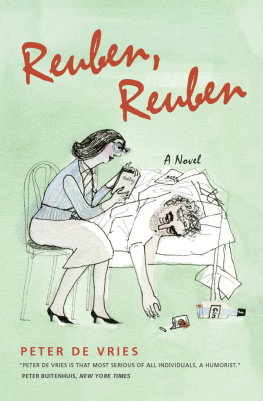
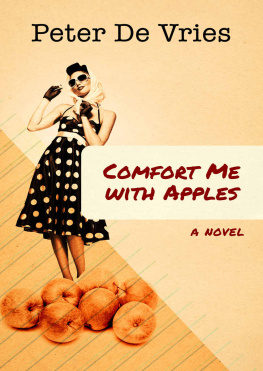

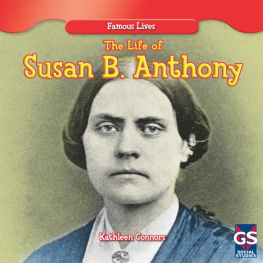
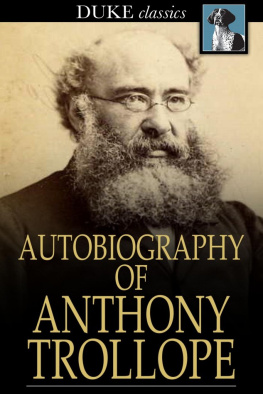
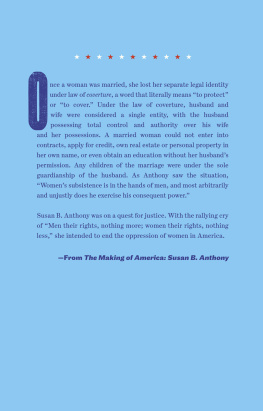
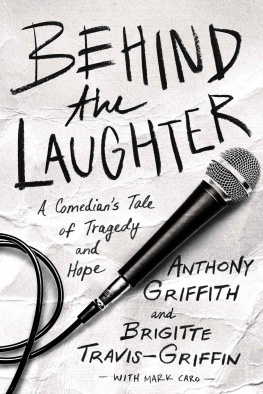

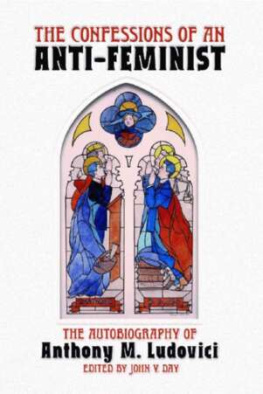
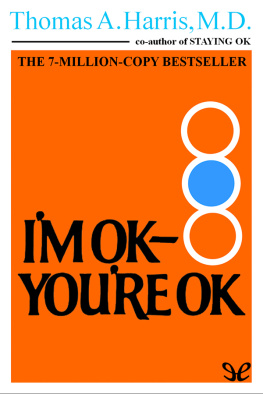
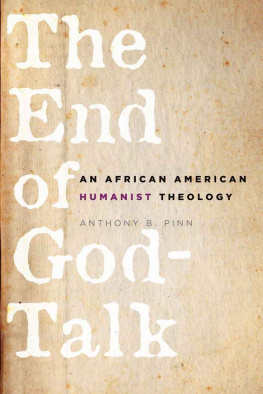


.jpg)
.jpg)